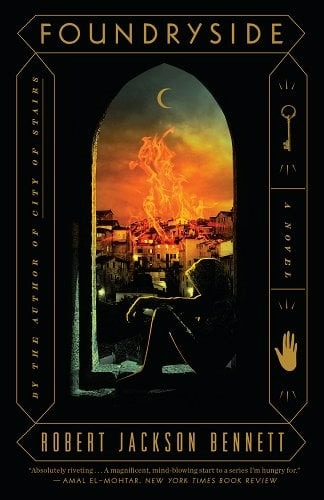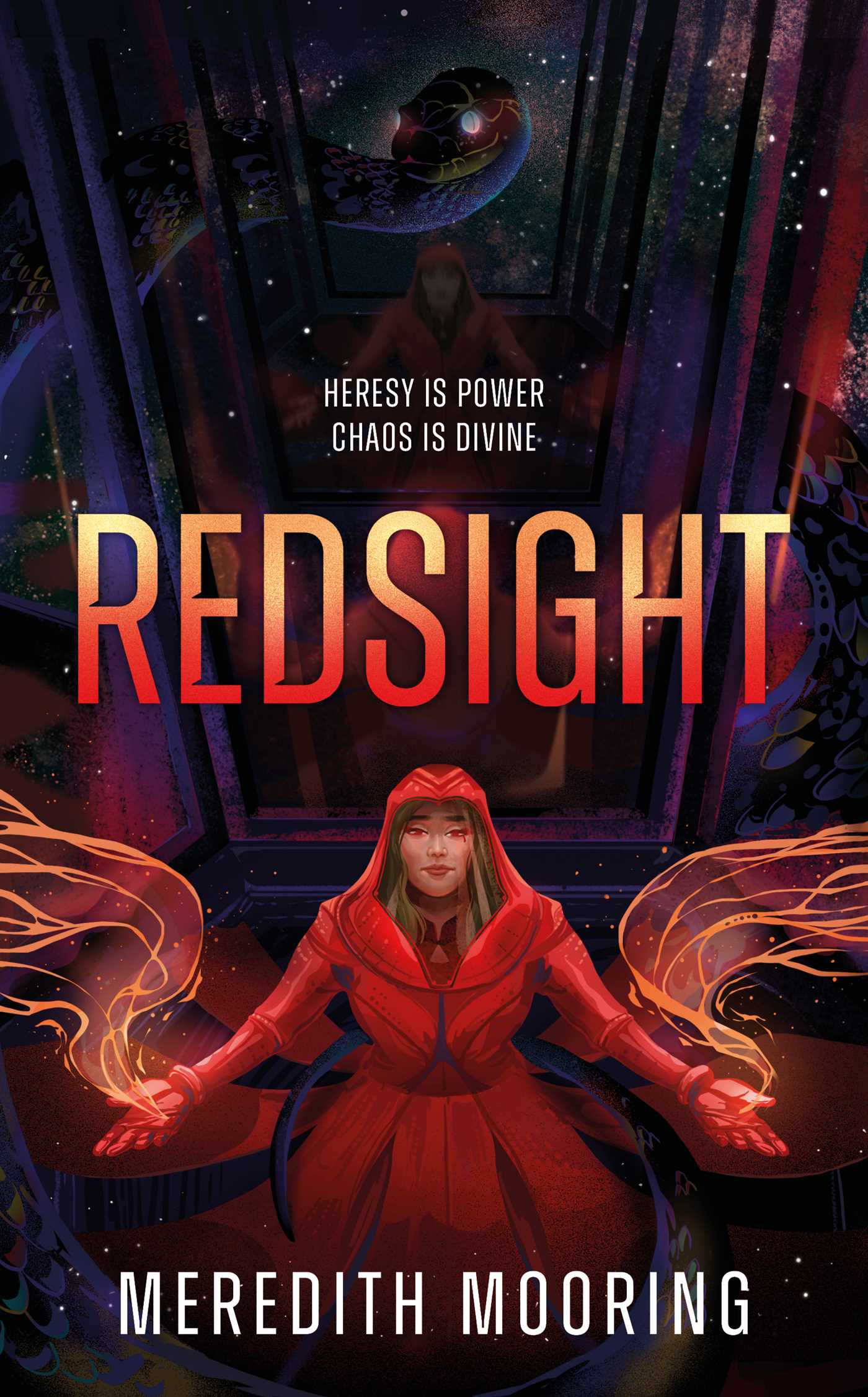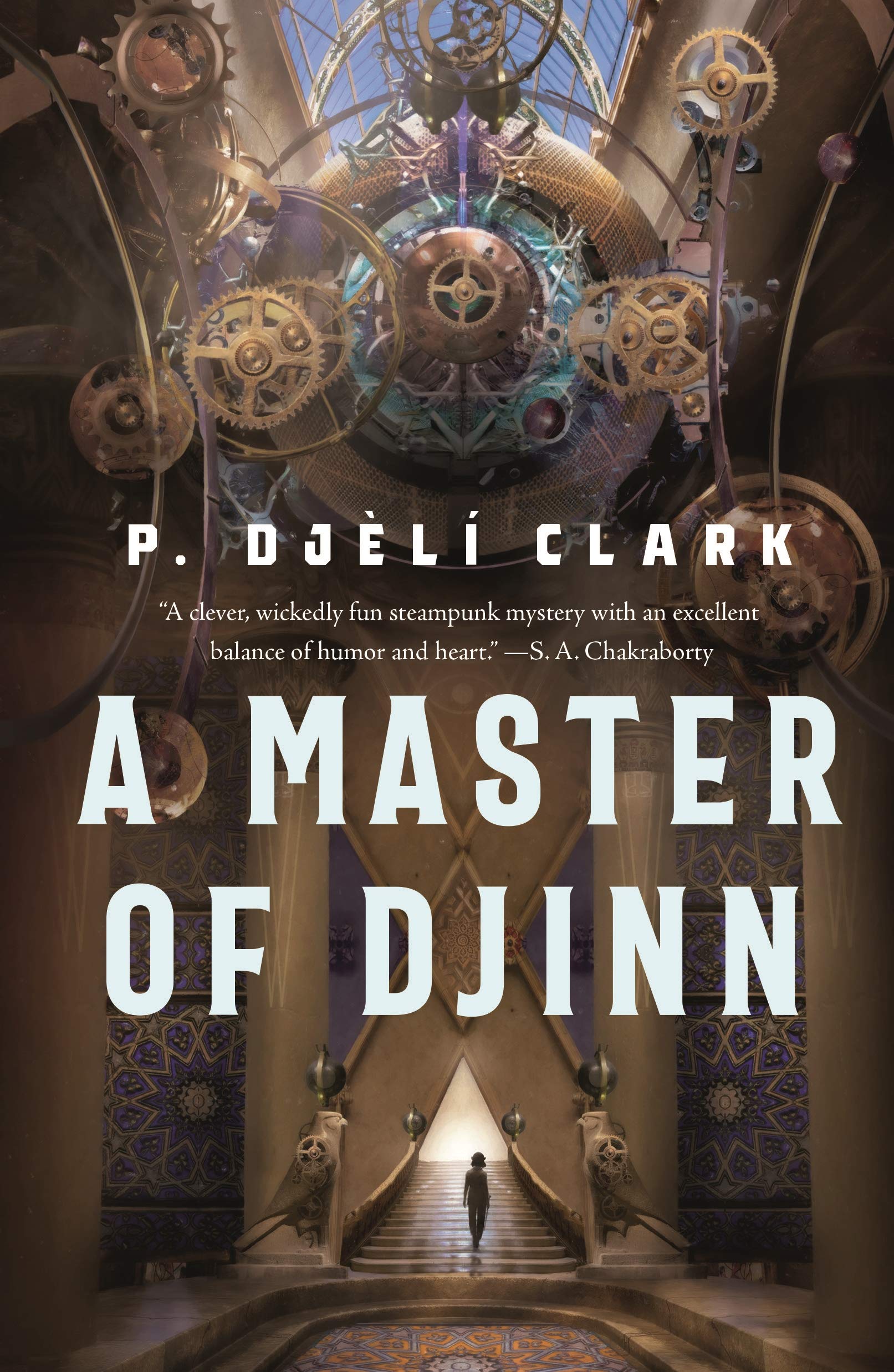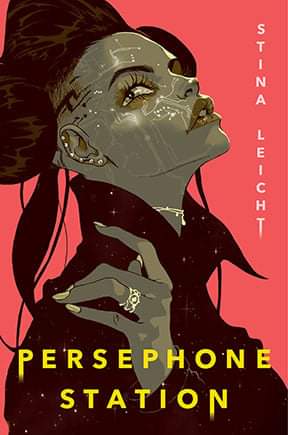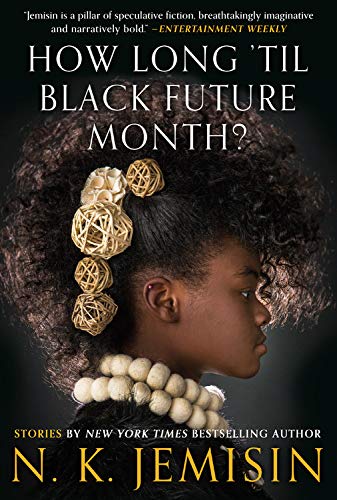Buy this from Bookshop.org to support local bookstores and the Lesbrary! After I finished devouring this year’s stunning fantasy murder mystery The Tainted Cup over the course of about three days, I knew that I had to dive into Robert Jackson Bennett’s back catalog immediately. Foundryside happened to be the one my library had the shortest hold list on,Read More
A Blood-Drenched Queer Space Opera for the Ages: Redsight by Meredith Mooring
Buy this from Bookshop.org to support local bookstores and the Lesbrary! Better buckle up your buttered biscuits, because you’re in for one hell of a ride. Meredith Mooring’s debut novel Redsight, freshly published February 27, 2024, arrived studded with blurbs. The two that ultimately pulled me were: “The heretical, genre-defying daughter of Killing Eve and Dune,” (Kemi Ashing-Giwa) andRead More
Magical Girls and Sports Gays: Grand Slam Romance by Ollie Hicks and Emma Oosterhaus
Bookshop.org Affiliate Link For those of you mourning the cancellation of Amazon’s adaptation of A League of Their Own, I offer you an antidote. Grand Slam Romance, which follows the star players of a semi-professional women’s softball league, simultaneously serves romance, sports rivalry, horny locker room encounters, queer community, and a touch of magic. The debut graphicRead More
Mechanized Deities and Queer Perseverance: Godslayers by Zoe Hana Mikuta
Bookshop.org Affiliate Link In her acknowledgements at the end of Godslayers, the second book of her Gearbreakers duology, Zoe Hana Mikuta writes, “Okay. So. I’ve been incredibly mean to my characters.” She is spot on. Eris, Sona, and the rest of the cast go through so much in this book. There’s psychological terror, disfigurement, death of close friends, andRead More
A Dashing Lesbian Adventure in Fantasy Egypt: A Master of Djinn by P. Djéli Clark
Amazon Affiliate Link | Bookshop.org Affiliate Link Sometimes when I’m reading/watching something, I think: what if this dashing, cavalier, risk-taking, slightly messy hero was a lesbian? Have you considered doing this exact story, literally nothing changed, except that instead of a vaguely scruffy man, this hero was a vaguely scruffy lesbian? I’m not the onlyRead More
Larkie reviews Persephone Station by Stina Leicht
Amazon Affiliate Link | Bookshop.org Affiliate Link Persephone Station is a space romp with everything you could ask: crime bosses, alien life, assassinations at fancy parties, rogue AI, and fancy flying. There’s a ton packed into this book, and even when you think you’ve reached your limit, it turns out that there’s more just around theRead More
Anna N. reviews Heavy Vinyl by Carly Usdin and Nina Vakueva
Amazon Affiliate Link | Bookshop.org Affiliate Link Considering how important Asbury Park and its history was to me in my formative years, it comes as no surprise that this is the comic I recommend to literally every sapphic I have met since it was published. Seriously, it’s got a diverse cast, excellent characters, genuine heartRead More
Larkie reviews “The Effluent Engine” by NK Jemisin
Amazon Affiliate Link | Bookshop.org Affiliate Link I listened to this short story as part of the audiobook How Long ’til Black Future Month, but it can be found for free online at Lightspeed Magazine. I’ll start this review off by saying that I think NK Jemisin is an incredible writer. Her Broken Earth trilogy wasRead More
Til reviews Gearbreakers by Zoe Hana Mikuta
Amazon Affiliate Link | Bookshop.org Affiliate Link Gearbreakers bounces between high-octane mecha fights, rebellion, intense emotions, and savage banter. It’s a story about a wasteland outside a glittering, high-tech city. It has plot twists and schemes, and characters always willing to break the rules. And somehow, it manages to be overwhelmingly dull. The action scenes shineRead More
Sam reviews The Unspoken Name by A. K. Larkwood
Amazon Affiliate Link | Bookshop.org Affiliate Link I went into A. K. Larkwood’s The Unspoken Name with no idea what to expect. I’d even say that I came to the novel feeling a little ungenerous, though I’m not sure I could tell you why. But despite this, The Unspoken Name caught me in the grip of itsRead More
